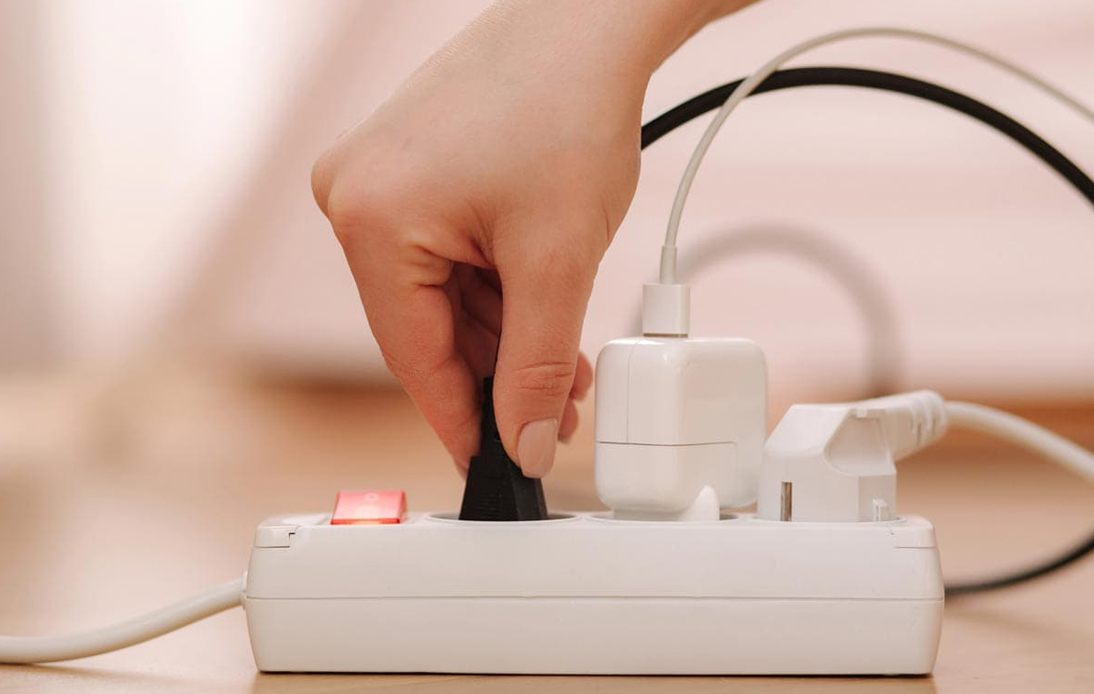
The Energy Regulatory Commission (ERC) has approved a proposal to bring the electricity price to a record 4.72 baht per kilowatt-hour (unit), which represents an increase of 18%.
In an announcement posted on its official Facebook page on Monday, the ERC announced the new tariff, which represents a charge of 4.00 baht per unit and breaks the previous record-high 3.96 baht per kilowatt-hour set in 2014 after the global oil price rose to more than $100 per barrel.
The increase in the electricity price is related to the fuel tariff (FT), a component in the general electricity tariff that increased to 0.9343 baht per KWh after an increase of 0.6866 baht per KWh. It also responds to a rise in the price of liquefied natural gas (LNG).
The LNG is essential to generate 60% of energy in the country. However, the latest reports showed that LNG imports have risen due to a declining output of usually cheaper domestic gas from the offshore Erawan gas block in the Gulf of Thailand.
The spot market price of imported LNG is around $25-50 per million standard cubic feet per day (MMSCFD) compared to $6-7 per MMSCFD for LNG in the Gulf of Thailand.
Furthermore, since the world economy began to recover from the Covid-19 confinement measures and strict controls, the demand for all types of energy has increased considerably.
The ongoing conflict between Russia and Ukraine has also contributed to the increase in the price of electricity, the ERC announcement explained. World crude oil prices have risen since Moscow launched an offensive against Kyiv in February, prompting aggressive sanctions by the United States and its Western allies.
Previously, the ERC had planned to announce the new electricity rate on August 1. However, Prime Minister Prayut Chan-o-cha delayed the announcement, hoping that officials would find ways to lessen the impact of the increase on Thai people’s pocketbooks. Back then, he said the new higher power tariff had to be postponed to curb rising living costs.
A source close to the government said that the Ministry of Energy is still working to define such measures.




















